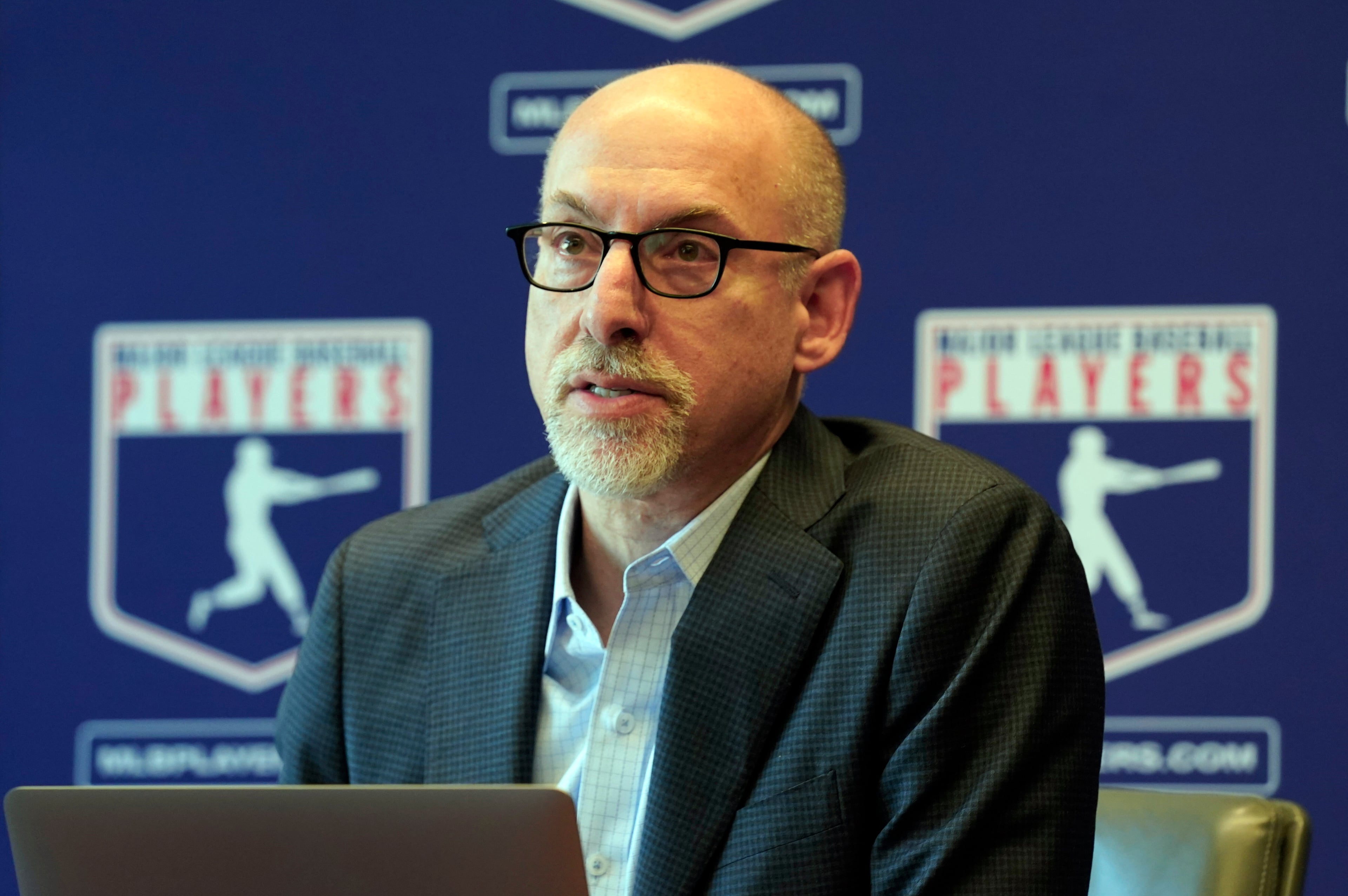Cubs have appealing young position players to offer in trade

The need for pitching — particularly starting pitching — is too obvious for the Cubs to ignore, even though to obtain it they realize they will need to sacrifice one of their prized young players.
For the last three seasons, President Theo Epstein and general manager Jed Hoyer have acknowledged the strong interests other teams have expressed in their players, and more recently they have acknowledged they may have to move such a player to address an urgent need.
Here's a look at those players and the pros and cons of dealing any one of them:
Kyle Schwarber
The Cubs currently have a surplus of candidates (Ben Zobrist, Ian Happ, Albert Almora Jr.) who can play left field. A left-handed hitting slugger who can play left field and occasionally catch when he's not handling designated-hitter duties would entice several American League teams.
The Cubs currently have enough switch-hitters to offset the loss of Schwarber's bat from the left side. But since taking over baseball operations, one of Epstein's goals has been to add left-handed hitting depth and the Cubs don't have a surplus of left-handed power hitters to complement Anthony Rizzo.
Interested teams like that Schwarber hits one home run for every 14.07 at-bats. Yet they might have some pause over his 150 strikeouts in 422 at-bats. Still, Schwarber won't be arbitration eligible until 2019, so his salary controllable.
The Cubs might be reluctant to trade Schwarber because has the potential to correct his flaws and turn into a consistent 35-homer, 100-RBI hitter with a high on-base percentage.
Ian Happ
Happ had only eight plate appearances in the postseason as manager Joe Maddon stuck with a more seasoned lineup.
But his 24 home runs and power to all fields during his rookie season were pleasant surprises, and his ability to play several positions were valuable when the Cubs were short-handed because of short- and long-term injuries.
Happ's ability as a switch-hitter is an asset. With the help of former hitting coach John Mallee, Happ was less susceptible to chasing high fastballs out of the strike zone as the season progressed.
The biggest question may be where Happ fits in best defensively. Executives and scouts from other teams were surprised Happ played well in center field, although second base might be his best position.
Albert Almora Jr.
Almora has made remarkable strides in the last two seasons, from developing into a selectively aggressive hitter to hitting right-handed pitchers well with more regularity.
His outfield defense is sound, although he tends to play too fearlessly at times.
The biggest issue might be his potential upside, but he showed remarkable physical and mental maturity in his first full major-league season.
Addison Russell
For now, there are no plans to move Russell from shortstop despite an occasional rash of throwing errors on routine plays.
Russell is only 23 and continues to show glimpses of becoming a bona fide run-producing shortstop with the power he displayed in 2016. His talents and agent could help command a frontline starting pitcher. Russell is arbitration eligible this offseason for the first time and won't be eligible for free agency until after 2021 season.
Russell returned from a foot injury in mid-September without any issues, leaving a pending divorce as the only concern from interested teams. Russell's batting average sank from .281 in late April to .209 in early June, when his domestic struggles surfaced, but he rallied sufficiently to finish the season at .239.
If Russell is dealt, Baez can move to shortstop — his natural position — with Happ and/or Zobrist taking over at second.
Javier Baez
Baez, 24, was a defensive savior — especially when he took over at shortstop after Russell was diagnosed with plantar fasciitis in his right foot. Baez didn't commit an error in 26 consecutive games at shortstop while making routine and tough plays with ease.
Baez provided even more consistent play at second base and showed a significant increase in power in his second full major-league season.
Baez could be the biggest wild card, considering his remarkable versatility and fielding prowess that his penchant for striking out tempers. His 2-for-26 performance in the postseason was baffling considering his clutch hits in the 2016 National League Division Series and Championship Series.
Baez's versatility could make him more valuable to a Maddon-led team than any other club, but the fact he's not arbitration eligible until 2019 adds value.
If a trade decision boils down to Russell or Baez, it could be a matter of taking either a more dependable approach at the plate (Russell) or the dazzling defender who can make the backhanded stop and strong throw to first base (Baez).


